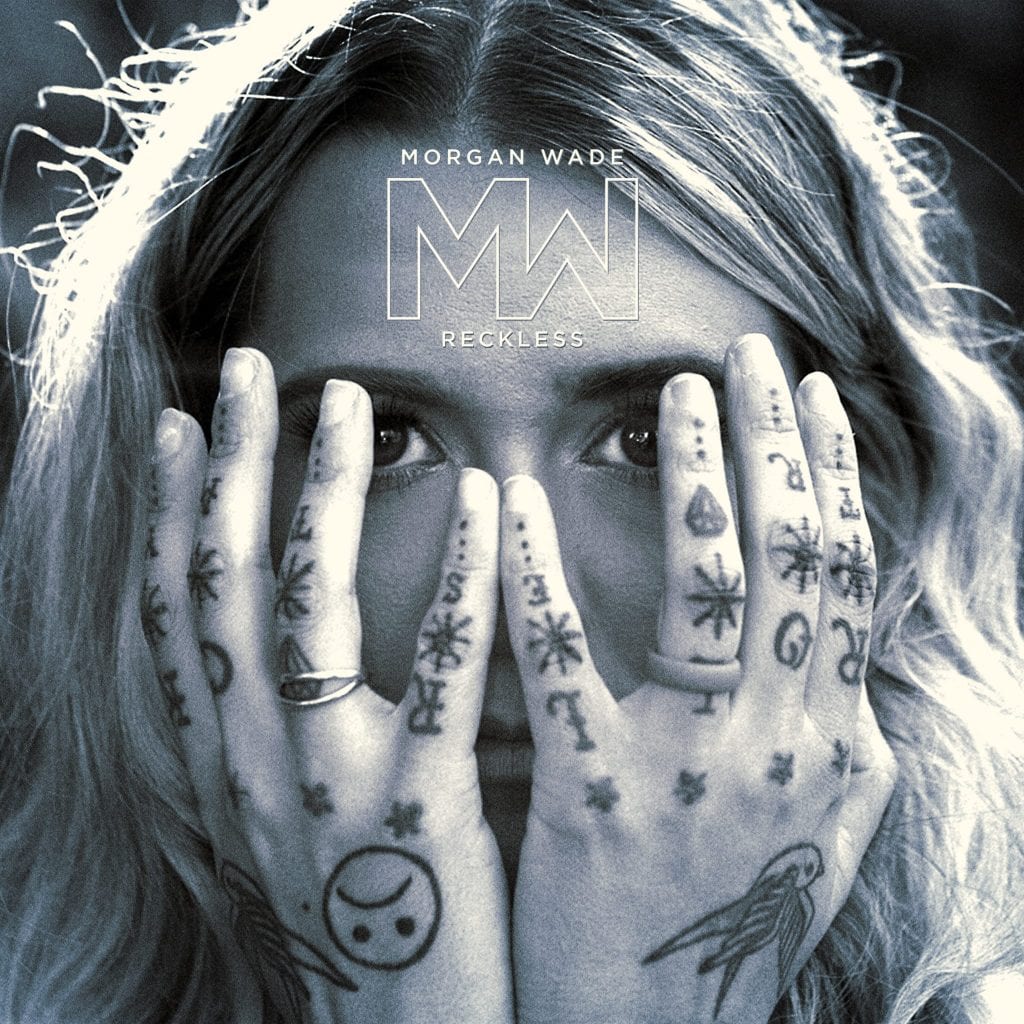Morgan Wade’s ‘Reckless’ Brings New Voice and Vitality to Outlaw Country

With Morgan Wade’s debut, Reckless, we may be seeing a pivot in outlaw country. Ten years after the debut of Toby Keith’s “Red Solo Cup,” men singing rollicking tunes about women, weed, and wine on the radio are hardly transgressive. On Reckless, produced by Sadler Vaden and Paul Ebersold, Wade wears it all on her sleeve tattoos. With songs that feature an aching vulnerability, struggles with addiction, and frank sexuality, all filtered through glossy Nashville-style production, Wade’s bid at radio-friendly self-destruction recalls another artist who’s a little too rock for country music and a little too pop for Americana: Ashley McBryde.
Wade grew up in bluegrass country: Floyd, Virginia. That influence is evident in the careful guitar picking that serves as a foundation for her muscular melodies. However, Wade’s adolescent diet of emo and pop punk shines through, creating a moody sound that is sure to suck the listener into the maelstrom of Wade’s conflicting emotions through a combination of nostalgia and the immediacy of her lyrics.
Chances are the typical No Depression listener will dive into songs like “Don’t Cry,” a hypnotic lullaby in a minor key for those who are, as the kids say, going through it. The song is a centerpiece for Reckless, laying out the album’s central themes: struggling with self-doubt, depression, self-destructive behavior, and knowing that there must be a path forward, somewhere. Vaden and Ebersold’s emphasis on lush guitars throughout the album gives the songs a timeless feel while amping up the emotional stakes.
It’s not all a downer. On “Last Cigarette,” Wade indicates a path she could have taken: a poppy breakup song about vice that belongs on the beach as much as it does on a barstool. Complete with a catchy vocal sample, this could easily be a song of the summer, though Wade’s raspy vocals and self-awareness keep the song from sliding into cotton candy territory.
Reckless is intended for radio success and it holds on to authenticity, that elusive quality. Wade has pulled a neat trick on her very first album, and one hopes that her career follows a trajectory like McBryde’s. The songs are easy on the ears, but transgressive in insisting that listeners wrestle with tough topics; that women can be messy, too; that we can all enjoy bodies like backroads, but sometimes there’s a price to be paid, and that price deserves a place in mainstream media.




